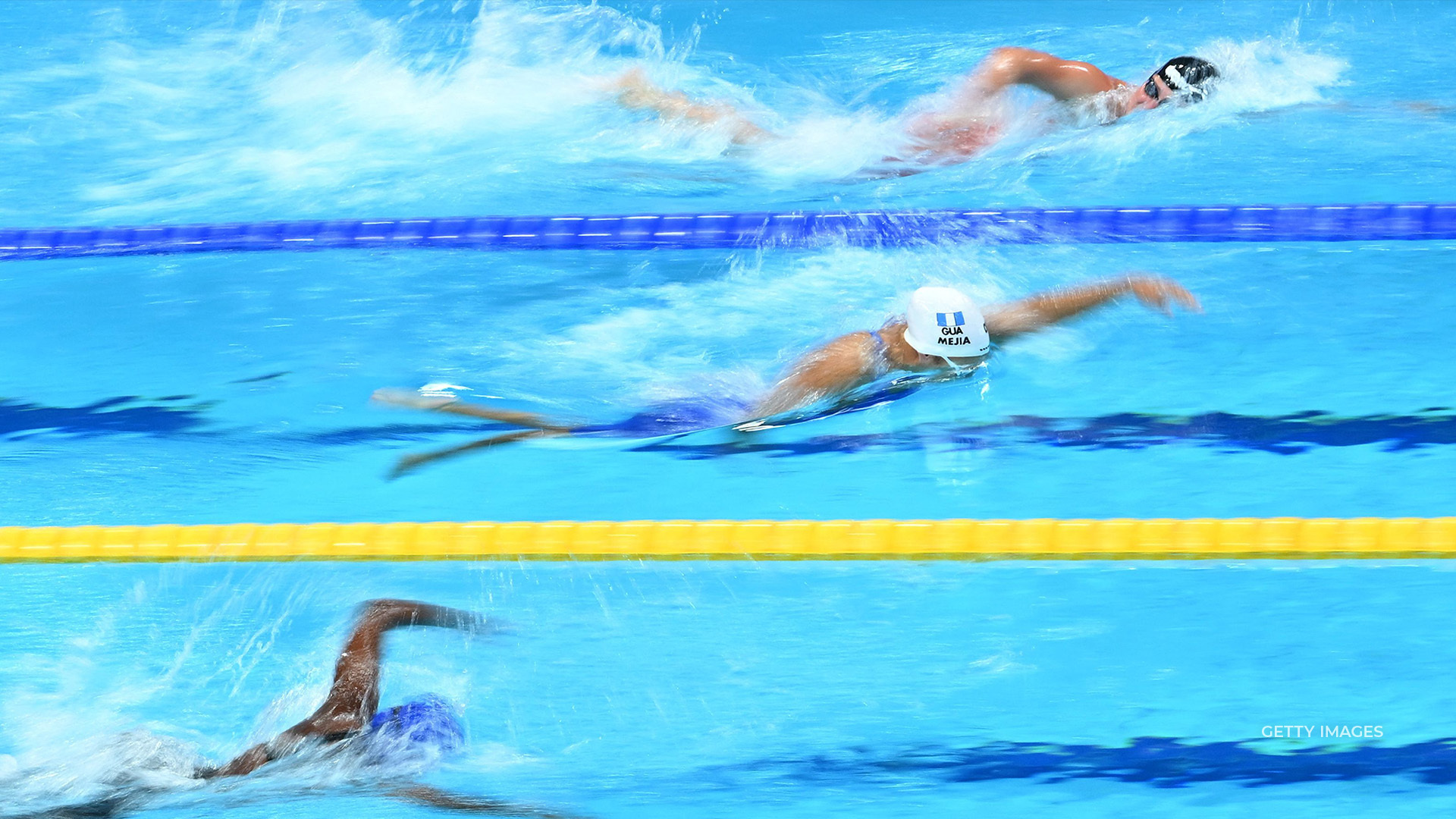
Shannon Longworth:
Transgender women are now banned from competing in women’s events in international swim meets. That is, if they went through puberty as males.
Over the weekend, the International Swimming Federation approved a “gender inclusion” policy.
The policy includes trans athletes in women’s categories *if* they transitioned before the age of 12…or before they reach the second stage of puberty, according to a specific medical assessment.
This comes after lots of controversy and different stances from various federations.
The international Olympic Committee, in November of last year, said no athlete should be excluded based on assumed advantages due to gender identity or sex variations.
Earlier this year, the International Federation of Sports Medicine and European Federation of Sports Medicine Associations pushed back in a joint statement.
You might recall that all this unraveled as Lia Thomas–a University of Pennsylvania swimmer–entered the spotlight. She competed as a trans woman in women’s NCAA events as a senior…
As a freshman, she began her collegiate career on the men’s team.
Under this new ban, Thomas cannot compete in women’s international events.
The International Cycling Union has also updated its rules for eligibility, and trans women athletes will need longer transition periods on hormone therapy to participate.






